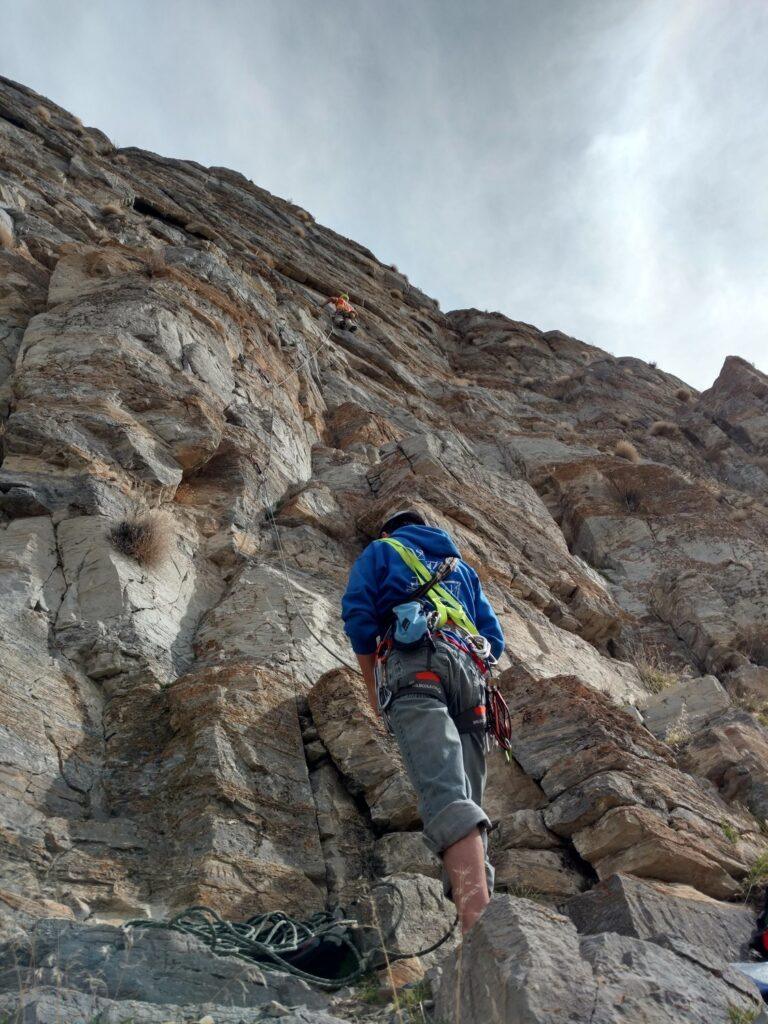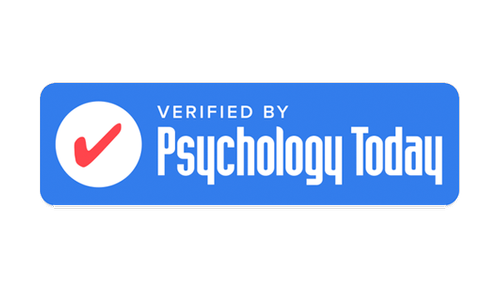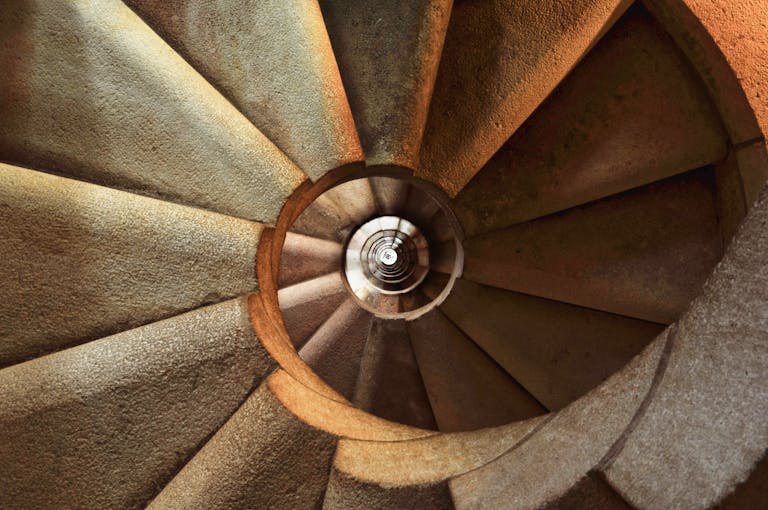Procrastination and Burnout Recovery: How Avoidance Can Become a Signal
When you’re burned out, you can find every reason for procrastination: make the bed, rearrange the cutlery drawer, empty your closet and put it back together again. Scroll. You know what you need to do, but your body and brain stall. You circle your desk, scroll your phone, or stare at the task until guilt kicks in.
It feels heavy and makes you feel guilty. There are different types of coping: adaptive/productive where you use procrastination to move yourself forward and heal, and maladaptive, which are rooted in unhealthy avoidance and can lead to bigger problems. Procrastination during burnout is ike your nervous system waving a white flag. What if procrastination could be seen as a recovery “guide” instead of the enemy? Or, as this Harvard study shows, you can shift to understanding productive procrastination as the source of increased creativity.
The benefits of healthy procrastination are related to creative processing, energy conservation, and momentary emotional relief.

1. Procrastination as a Burnout Signal
If every task feels impossible, your system may be running on empty. Procrastination tells you the fuel tank is low. Instead of shaming yourself, ask: Is this resistance a sign of exhaustion, overwhelm, or misalignment?
- Exhaustion = you need deep rest and a new rhythm to your days
- Overwhelm = the task is too big; break it into bite-sized pieces
- Misalignment = the work doesn’t match your values anymore
2. Avoidance as an Act of Self-Preservation
When your brain resists doing the work it used to handle easily, it might be protecting you. Burnout often makes people numb to how depleted they are. Procrastination becomes the only line of defense. It says: “You can’t keep going like this.”
Seen this way, procrastination can be more like a friend who cares about your survival.
3. Procrastination and the Incubation Effect
Burnout and brain fog make clear thinking challenging. Sometimes stepping away and “wasting time” is exactly what will help your mind reset. That’s the incubation effect: solutions show up when you’re not forcing them.
If you catch yourself procrastinating, try looking at it differently and allowing it to guide you into recovery-friendly activities: take a walk, stretch, or prepare food. These pauses feed your system and help you to rebuild your energy.
4. Using Procrastination to Shrink the Mountain

Burnout magnifies tasks until they seem insurmountable. Many times in my life, I’ve crumbled under the weight of expectations: meet the deadline, prep the presentation or start the project I’m not excited about. Procrastination keeps you stuck at the base, staring up. The trick is to use that resistance as a clue: the mountain is too big.
Micro-steps matter here. Open the email draft, but don’t write it. Jot one bullet point for your report. These small starts chip away at the overwhelm and gently rebuild your capacity. Making the steps really small and rewarding yourself for the effort rather than the results will begin to help you step into new habits.
Turning Procrastination into a Recovery Tool
Burnout recovery isn’t about erasing procrastination. It’s about decoding it. Every time you find yourself avoiding, ask: What is this telling me about my energy, my values, or my limits?
Procrastination becomes your ally when you let it teach you, and point you to rest and to clarity, and to the deeper realignment that burnout demands.
If you want support to work through your burnout and discover a new way forward, reach out for a free consultation.
Here are some authoritative articles underlying this idea:
When procrastination pays off: Role of knowledge sharing ability, autonomous motivation, and task involvement for employee creativity
Explore the positive benefits of procrastination here
What Happens in a Free Consult?
Your 20 minute consult is a no-pressure conversation.
– Talk about what’s weighing on you
– Learn how I approach recovery and what sessions will be like
– Decide if we’re the right fit
You’ll leave with clarity on your next step, whether we work together or not.















